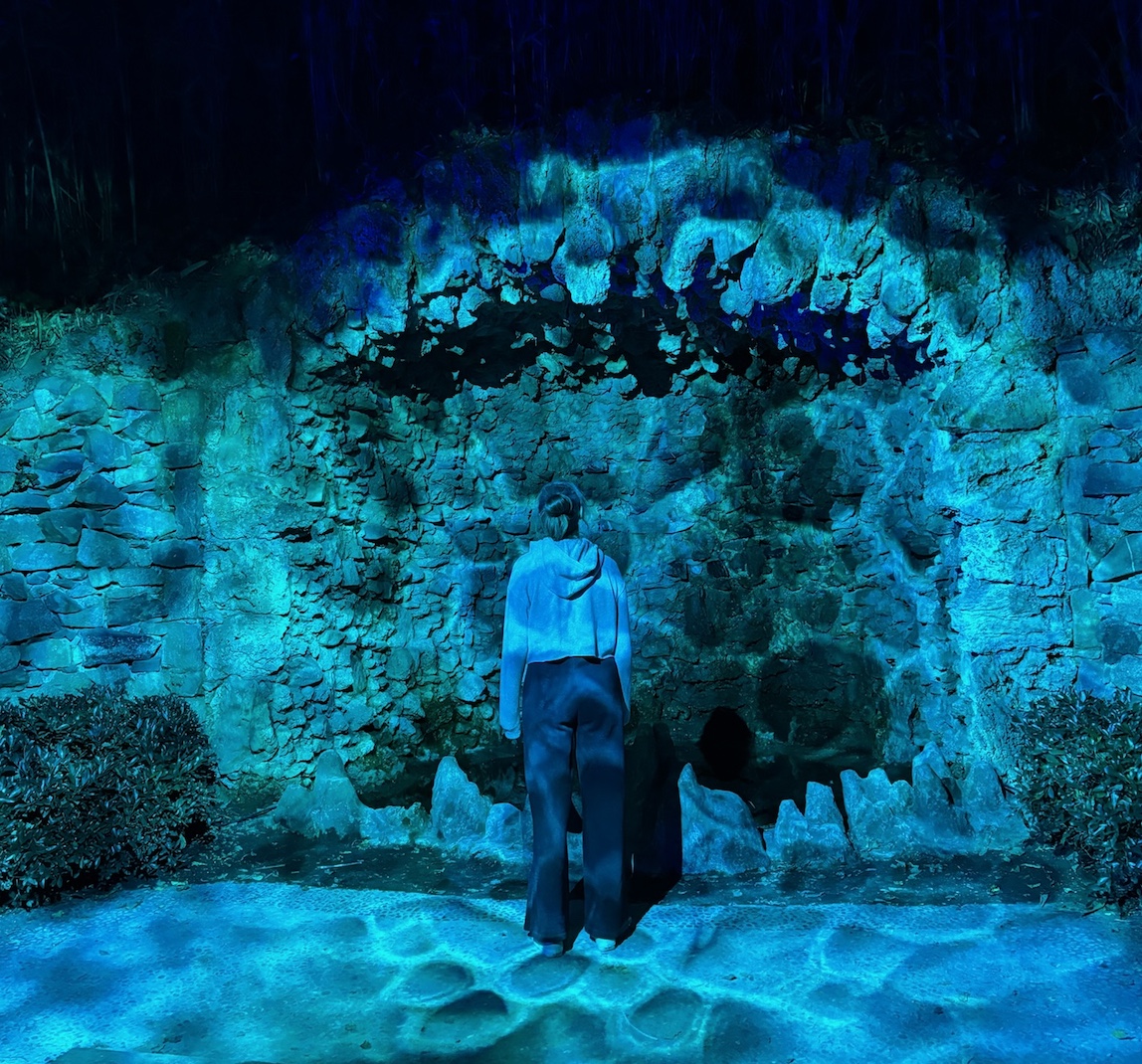Individual Support
Explore Support or Identity
Support Sessions with a Disability Doula
Individual, support sessions are client-led sessions that offer intuitive emotional, practical, and bodymind support to teens and adults through every stage before and after identifying as autistic. We work together to identify what helps you feel more resourced in your daily life in a just and healing way. We practice embodying the understanding that oppressive systems that are not designed for autistic folks to thrive are the problem, not you, and we get curious about what's getting in the way.
Adults and teens who find this supportive may be struggling in their daily life and want to explore new ways to meet their needs and feel more empowered in their disability identity. Sessions are 50 minutes and provided virtually or in-person as walk and talks in nature.
Common areas for exploration include:
Your learning style and what supports your learning
Barriers to access and well-being
Sensory experiences and needs
Sources of support and joy
College or workplace accommodations
Relationships
Communication and Self-Advocacy
Intersecting identities
Disclosure in professional and personal relationships
Unlearning internalized ableism
Developing positive neurodivergent identity
Why peer support?
Individual support from a neurodivergent peer allows us to imagine what it means to hold space and support someone beyond the medical industrial complex and educational systems designed to "intervene" and "treat" diversity. It is non-hierarchical, disrupting power imbalances by centering trust, consent, and solidarity, rather than positioning one person as the professional authority and relying on licensing boards that often prioritize the liability of the therapist over safety and justice for the client.
"Crip mentorship/coaching/modeling at its best is 'disability doulaship.' [...] I am thankful for every person who has trusted me with the honor of supporting them through their journey and those who have supported me through the same. My survival and resilience has depended on it."
-Stacey Milbern, disability justice organizer quoted in Piepazna-Samarasinha's Care work: Dreaming disability justice.

Autistic Identity Consultations
Identity consultations are client-led sessions that support your inner exploration and self-reflection in a neurodiversity-affirming way.
The goal is not to determine whether or not you are autistic according to diagnostic criteria, but to provide a space for your questions, thoughts, and collaborative exploration. These are not clinical services, and there is no diagnosis. Liz brings lived and learned experiences to consultation sessions. Sessions are 50 minutes long and provided virtually or in-person as walk and talks in nature upon request.
Based on your goals, consultations might include:
Sharing what you already know
Processing experiences, environments, and relationships through a new lens
Seeking feedback
Receiving validation
Who is this for?
People ages 18+ who may:
• Be questioning whether they are autistic
• Want to explore whether or not pursuing a diagnosis may be helpful to them or needed
• Have no desire or need for a formal diagnosis to access supports
• Already have a diagnosis and would like support processing it or exploring what’s next
• Seek a space for exploration, feedback, validation, and resource mapping
Identity Consultation vs. Diagnosis
The diagnostic criteria for autism largely reflects how autism presents in white, english-speaking cisgender boys, and most providers lack training in how to subvert a construct that erases racial, ethnic, cultural, and gender diversity to meaningfully assess clients of all identities. Diagnostic criteria also relies on the medical model's deficit lens of autism, devalues the individual’s experience, and can be extremely expensive.
I believe that self-identifying as autistic with the support of resources created by autistics, and/or the support of other autistics, is more reliable than a diagnosis from a non-autistic professional who does not address issues of bias, pathologization, and inaccuracy in the diagnostic criteria and their assessment process. While any diagnosis from a medical provider is still often the only way for some people to access documentation for accommodations in their workplace or college, those who do not require formal autism diagnosis may opt for a more individualized, supported self-identification process to better understand themselves.
Individual Session Pricing
Pricing is designed to make services as financially accessible as possible. We invite you to self-assess your access to financial resources and choose a rate that is possible for you.
Mutual Aid Donation Rate | $ 200
If you are able to redistribute wealth to community through our mutual aid fund and help ensure we can offer accessible rates to others.
Sustainable Rate | $ 100
The "regular rate," which covers the cost of providing the service. It can be paid in full, or via a payment plan. A payment plan allows you to pay in multiple, smaller amounts over a specific amount of time, rather than paying the full amount upfront. Payment plans are used to make services more affordable by spreading the cost over time.
Accessible Rate | Pay-what-you-can
Accessible rates are below the cost of providing the service, and for people with less access to financial resources who cannot commit to a payment plan. This rate is made possible by accessing community wealth through mutual aid. Contact to make arrangements.